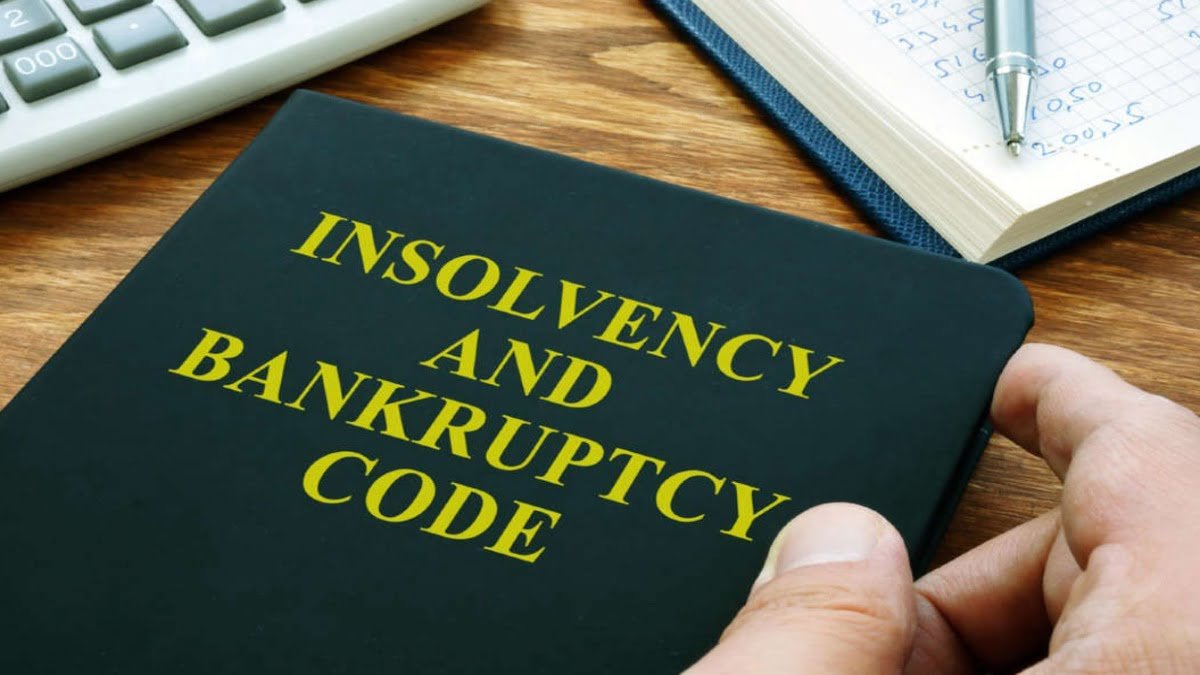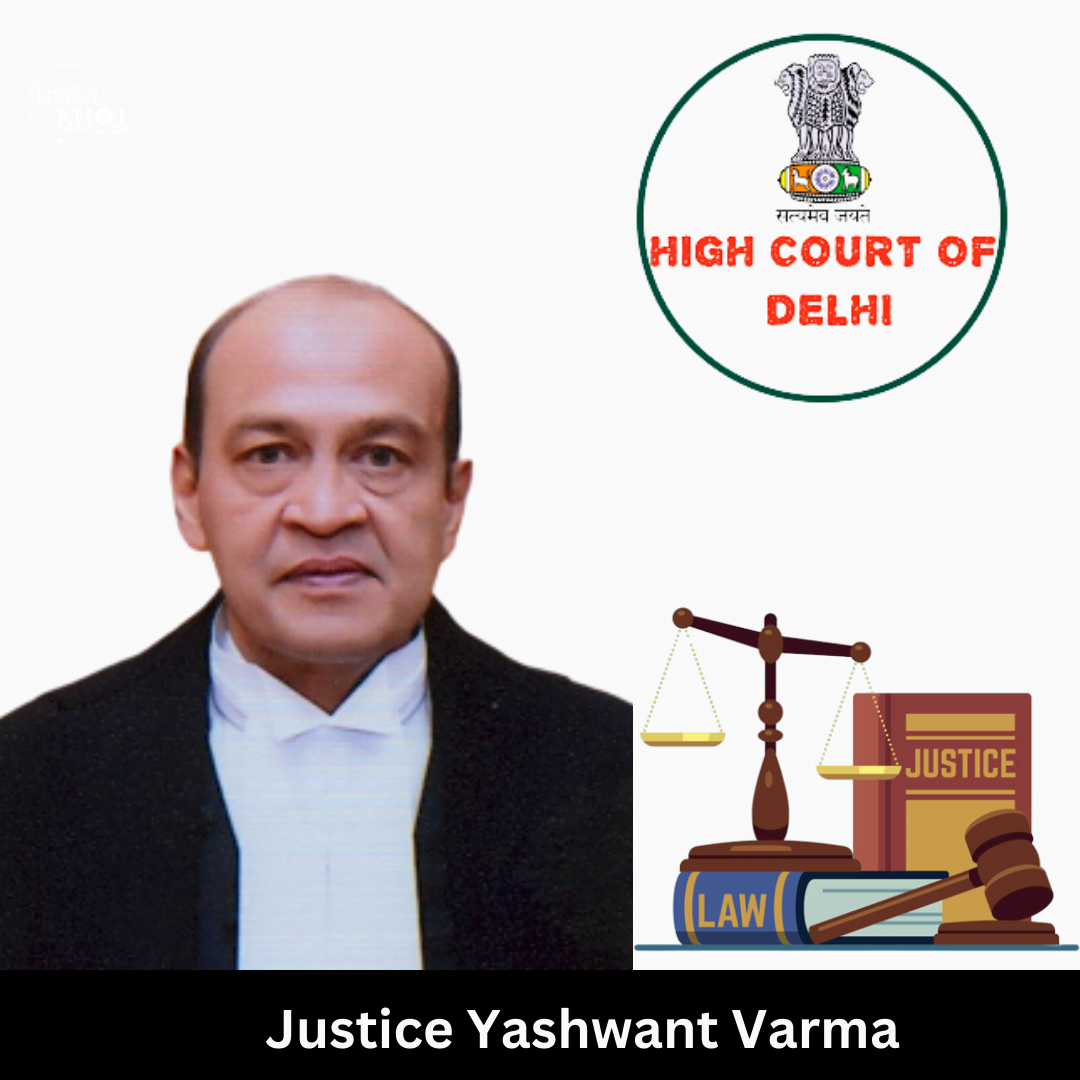In a case, Delhi High Court ruled that Indian Oil Corporation Limited’s attempt to invoke court jurisdiction under Section 11 of the Arbitration and Conciliation Act, 1996, was barred. Justice Yashwant Varma stated that the approved Resolution Plan wiped out debts except as admitted, preventing the petitioner from reopening the dispute in Arbitral Tribunal, adhering to the principle of non-arbitrability.
Background:- Delhi High Court
In January 2012, Essar Steel Limited (ESL) was renamed Essar Steel India Limited (ESIL), initiating a series of agreements involving Indian Oil Corporation Limited (IOCL) and Essar Oil Limited (EOL). The first Assignment Agreement, effective until September 25, 2014, was succeeded by the Second Assignment Agreement, which lasted until September 30, 2015. However, issues arose when IOCL notified ESIL on May 4, 2016, regarding non-compliance with the Adjusted Annual Contract Quality (AACQ) for the 2015 contract year. Consequently, IOCL invoked Article 14.1 of the Gas Supply Agreement (GSA), which had initially been executed in favor of ESL and later assigned to EOL.
ESIL responded on March 10, 2017, terminating the agreement under Article 19.1 of the GSA. IOCL contested this termination, arguing that Article 19.1 could only be invoked after a failure to provide the cumulative Properly Nominated Daily Contract Quantity for 180 days. IOCL maintained it hadn’t breached its contractual obligations, rendering the termination notice ineffective.
In response, IOCL issued a demand notice and, receiving no payment, raised a dispute on May 8, 2017. IOCL invited ESL to participate in amicable settlement procedures as outlined in the GSA, but when ESL didn’t respond, IOCL initiated arbitration on July 11, 2017.
On August 2, 2017, the National Company Law Tribunal (NCLT) in Ahmedabad admitted petitions filed by State Bank of India and Standard Chartered Bank under Section 7 of the Insolvency and Bankruptcy Code, 2016 (IBC), initiating Corporate Insolvency Resolution Proceedings (CIRP) against ESIL. Following this, a Resolution Professional (RP) was appointed, who issued public notices and invited claims from interested parties. IOCL responded, filing a claim of approximately Rs 3762 crores.
The RP informed IOCL on December 7, 2018, that the claim was admitted for a notional amount of Re 1. The Committee of Creditors approved the Resolution Plan on October 25, 2018, and the Adjudicating Authority sanctioned it on March 8, 2019. However, the Adjudicating Authority disagreed with the Resolution Professional’s decision to admit claims of operational creditors, including IOCL’s, at Re 1.
Furthermore, an appeal was lodged against the ruling in the National Company Law Appellate Tribunal (NCLAT). Subsequently, the Supreme Court’s decision in Essar Steel (India) Ltd. Committee of Creditors of v. Satish Kumar Gupta, (2020) 8 SCC 531, overturned the NCLT and NCLAT orders. Thus, the Resolution Professional’s action of acknowledging the petitioner’s claims at a nominal value of Re 1 was upheld, confirming the finality of the Resolution Plan.
After Arcelor Mittal, the successful Resolution Applicant, acquired 100% shareholding of ESIL on December 16, 2019, and assumed management control, the petitioner issued a notice demanding various amounts it believed were owed under the Gas Supply Agreement (GSA). The respondent, in response, rejected these claims in writing. Consequently, the petitioner initiated arbitration proceedings against the respondent. IOCL issued a subsequent notice, urging the respondent to appoint a nominee arbitrator within seven days. However, as the respondent took no action, the petitioner filed the current petition in the Delhi High Court.

In the Analysis of Delhi High Court
The Delhi High Court tackled two pivotal questions. First, it delved into whether the approval of the Resolution Plan led to the eradication of all claims the petitioner could assert against the respondent. Drawing on the precedent set by Ghanashyam Mishra and Sons Pvt. Ltd. v. Edelweiss Asset Reconstruction Company Ltd., (2021) 9 SCC 657, the Delhi High Court emphasized the Resolution Applicant’s right to take over the corporate debtor on a ‘clean’ or ‘fresh’ slate. The Resolution Plan’s approval, the Court noted, legally marked the closure of all claims against the corporate debtor, with due consideration given to enforceable claims during the Corporate Insolvency Resolution Process (CIRP).
Once this process concluded and the Resolution Plan received approval, the Delhi High Court asserted that no new claims could be introduced or enforced against the successful Resolution Applicant. The Applicant was obligated solely to address claims accepted and included in the Resolution Plan. Allowing the Resolution Applicant to defend or oppose claims not factored into the Plan, or actions related to alleged dues not admitted.
The Delhi High Court acknowledged prior decisions by the National Company Law Tribunal (NCLT) and National Company Law Appellate Tribunal (NCLAT) in favor of the petitioner, which were later overturned in the Essar Steel (India) Ltd. Committee of Creditors of v. Satish Kumar Gupta, (2020) 8 SCC 531 (‘Essar Steel case’). Consequently, the Court confirmed that the Resolution Plan’s approval unequivocally extinguished all debts owed by the corporate debtor, except those expressly admitted in the Plan. Given this recognition, the Delhi High Court concluded that reinitiating the dispute before the Arbitral Tribunal, as attempted in this case, would amount to rewriting the established clean slate principle, which was impermissible.
Addressing the second matter, the Delhi High Court asserted that the petitioner’s attempt to refer disputes would essentially reopen the already finalized Resolution Plan, a course of action explicitly disallowed by the Supreme Court in the Essar Steel case. The Delhi High Court emphasized that entrusting the Arbitral Tribunal with the authority to rule on these disputes contradicted the principles established in the Ghanashyam Mishra and Sons Pvt. Ltd. v. Edelweiss Asset Reconstruction Company Ltd., (2021) 9 SCC 657 case.
Must Read:- NGT Enforces Supreme Court Ban On Prohibited Firecrackers During Celebrations









Leave a Reply